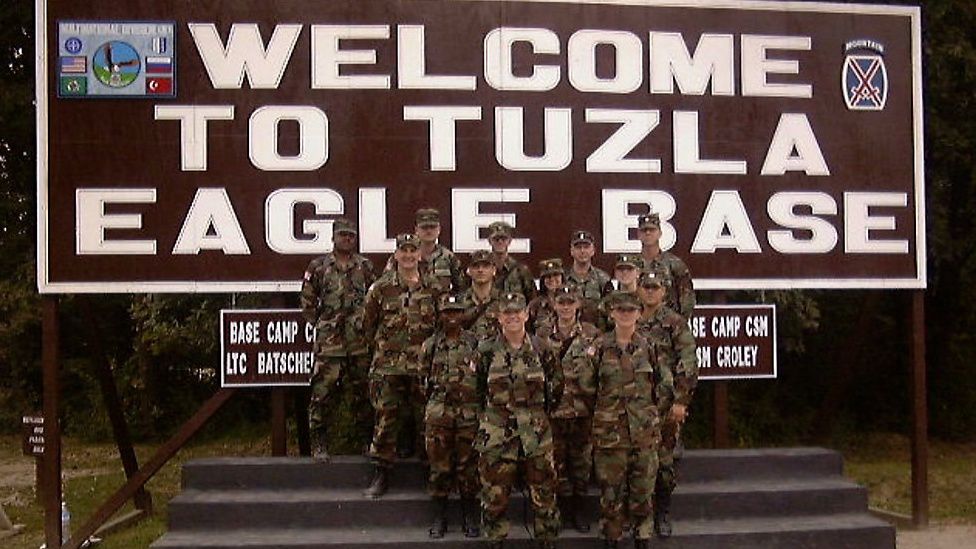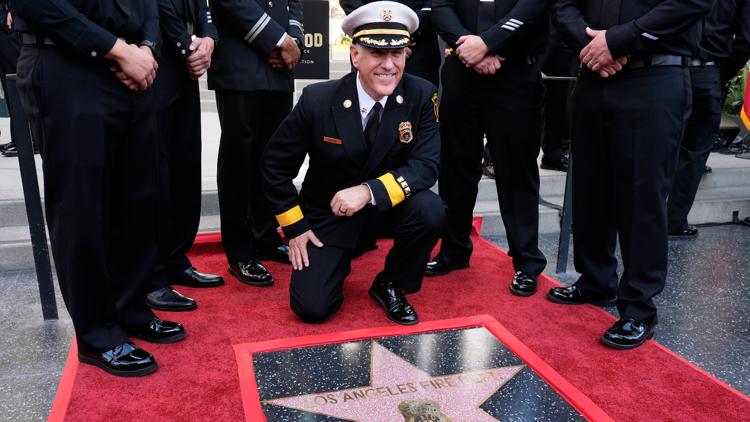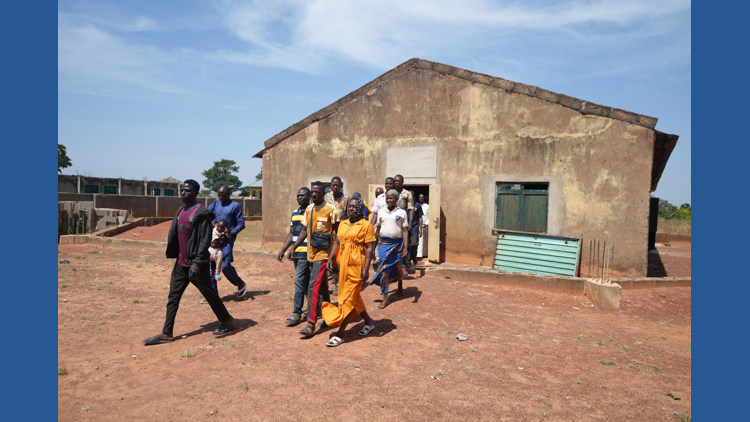UPDATE: Army veteran Janice Gravely has emerged as a pivotal figure in the movement for women to serve in combat roles, a shift that was officially recognized in 2013 when restrictions were lifted. Gravely’s remarkable journey reflects the challenges and triumphs faced by women in the military, and her story is resonating more than ever as the military seeks to develop true equality.
In a striking personal account, Gravely shared her experience of being sent to Alaska during a time when women were barred from combat positions. “I went to talk to the division chemical officer. He’s like, ‘why did they send you here, lieutenant? We have no jobs for female officers in Alaska. It’s a combat area,'” she recounted. Despite the obstacles, Gravely’s determination led her to serve as a communications officer, a role that required her to be “fully locked and loaded, chamber in the round, ready to deal with anything that comes our way.”
Gravely, who served with the 10th Mountain Division at Fort Drum, shared her experiences alongside retired four-star General Ann Dunwoody, whom she describes as “one of the most impressive women anyone will ever meet.” While Gravely was not officially designated as a combat officer during her deployments to Bosnia and Iraq, her contributions were vital in shifting perceptions and paving the way for future generations.
The military officially opened combat roles to women in 2016, a change that Gravely celebrates. “It’s so refreshing now to see our females being able to go to Ranger school and become infantry officers if they want,” she stated. However, she emphasizes that true equality remains a work in progress, urging women to “know what the rules are, play by the rules,” and calling on men to support this evolution.
Gravely pointed out that while there have been only 10 women to achieve four-star ranks in U.S. military history, currently, there are none. “There are women that if you look at their record, they outshine those men 100-fold over,” she asserted.
As the military continues its transformation, Gravely’s story serves as a reminder of the hurdles that have been overcome and the work still needed to foster leadership that reflects the diversity of the nation. “The military is all about developing leaders,” she concluded, expressing hope for the future.
This urgent update highlights the ongoing conversation about gender equality in the armed forces and the contributions of trailblazers like Janice Gravely. As her story circulates, it ignites discussions on social media, inspiring future generations of women to pursue their ambitions in the military.







